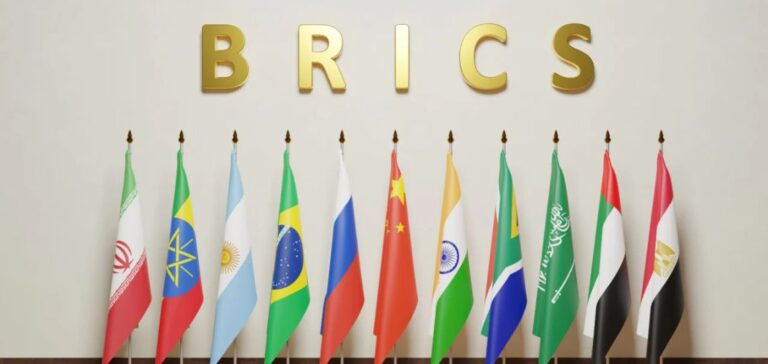Foreign ministers of the BRICS nations (Brazil, Russia, India, China, and South Africa) recently expressed collective concerns about Western economic sanctions and trade restrictions, highlighting potential threats to global energy security. According to the BRICS, these sanctions directly disrupt energy supply chains, jeopardizing the stability of oil and gas markets. This situation is prompting several group members to accelerate the diversification of their energy sources and to strengthen internal trade relationships to safeguard their economies. The ministers’ statement also emphasizes their common desire to reduce dependence on traditional economic structures dominated by Western countries.
Impact of sanctions on energy trade
The countries most affected, notably Russia, are experiencing significant losses due to the forced interruption of their hydrocarbon exports to Europe and other Western markets. To compensate for these losses, Russia is increasingly turning to alternative markets such as India and China, which have substantially increased their energy purchases. India, for instance, benefits from favorable pricing to boost its strategic reserves of Russian crude oil, while China intensifies long-term contracts to stabilize its own energy supplies. These adjustments are progressively reshaping traditional global energy trade flows.
Emergence of a multipolar energy market
In response to rising economic and trade tensions, the BRICS are openly advocating for the establishment of a multipolar energy market less dependent on the U.S. dollar-based financial system. This proposal aims to limit emerging economies’ exposure to the negative effects of international sanctions, often perceived by these nations as political leverage rather than neutral economic instruments. Consequently, several joint energy infrastructure projects have been announced or strengthened within the group, promoting increased cooperation outside traditional frameworks.
Implications for international financial markets
International financial markets are also responding to this emerging dynamic, experiencing increased volatility in energy commodity prices. Uncertainty linked to sanctions creates pressure on supply costs and complicates economic forecasts for investors and energy companies. Additionally, the transition to alternative payment systems considered by the BRICS could significantly alter international trade flows, particularly in the energy sector, thereby having long-term effects on investment strategies and global financial flows.






















